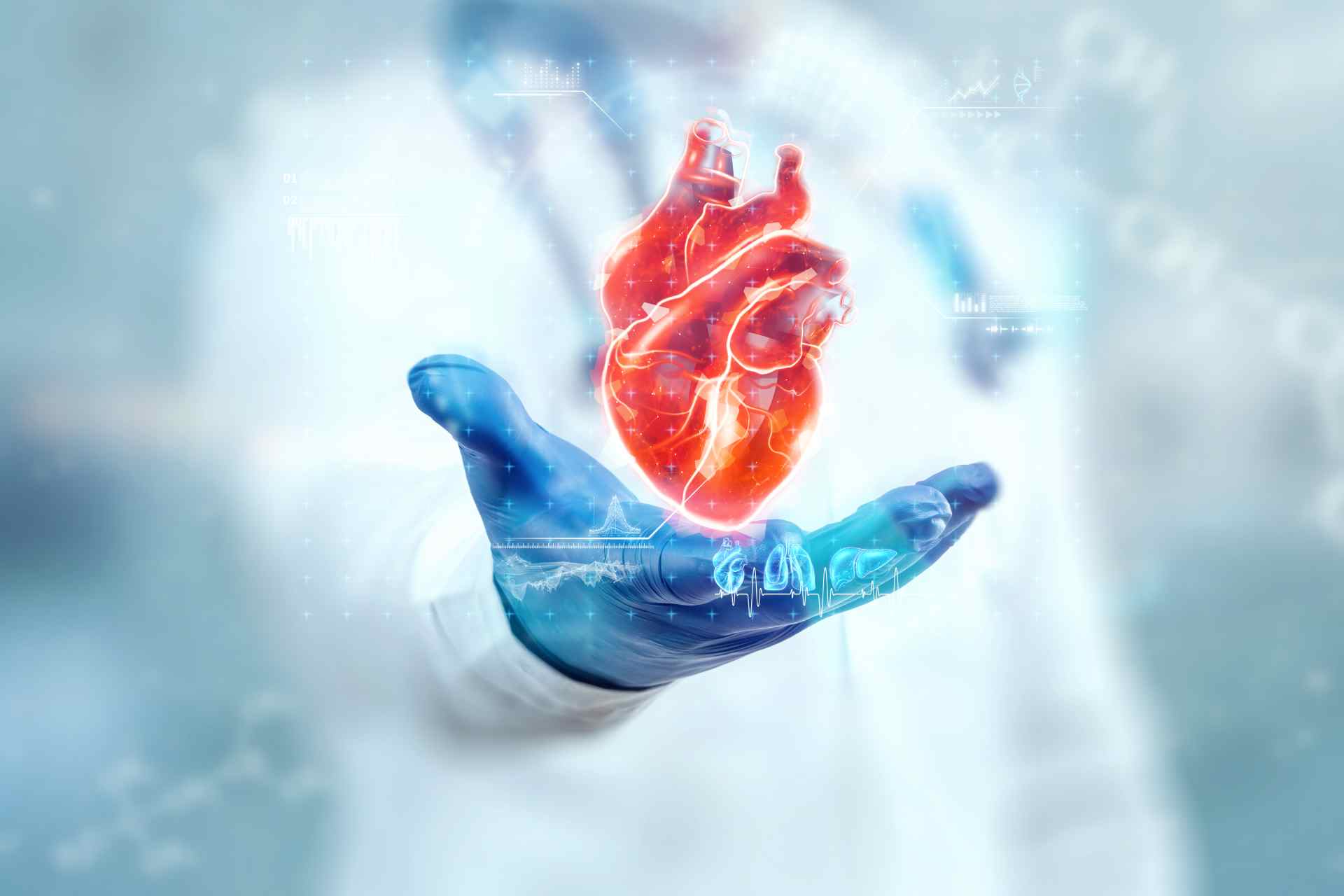5 Things to Expect While Recovering From Open Heart Surgery

Some serious heart problems cannot be treated merely by medication. Cardiologists recommend heart surgeries to cure these patients, and bypass surgery is one of them. When a patient's chest is cut open to reveal all parts of the heart, this procedure is called open heart surgery. Any problem in the heart muscles, valves, or blood vessels leading to the heart can be easily rectified through this critical surgery. However, a few things are expected when a patient recovers after open cardiac surgery. One needs to be very careful and follow all directions of the cardiac surgeon to avoid complications after undergoing the heart operation.
1. Changes in eating preferences
Many patients experience loss of appetite after undergoing heart surgeries. Sometimes, they feel tired while eating, adversely affecting their nutrition intake during open heart surgery recovery period. Their caregivers must handle them with patience, offering them small meals frequently throughout the day.
The diet of a cardiac patient should be rich in protein while having a low content of sodium and fats. The patient should not eat food that is too salty or has too much oil or sugar. Processed and junk food should be avoided at all costs. The patients can eat fish, eggs, nuts, beans, and dairy products during the recovery period.
2. Lack of sound sleep for some time
It is normal for a patient to suffer from temporary insomnia due to post-surgical effects. The changes in regular lifestyle, lingering effects of anesthesia, and usage of drugs (medication) after the open heart surgery may cause trouble sleeping. Physical discomfort in the chest or mental stress can also be the reasons for the problem of sleeping peacefully. Though the patient is advised to take enough rest, they should not sleep longer than half an hour during the day. It is also best to avoid caffeine-rich drinks, like tea, coffee, and cola, in the evening. Before sleeping, there should be a relaxing environment in the bedroom, with a quick shower and light back massage.
3. Management of post-surgical pain
Every patient needs to endure pain in the chest region after a heart operation. Doctors prescribe pain-relieving drugs but not for more than seven days. Depending on their physical condition, some patients do not even need to take these medicines for a week. Patients need to get accustomed to the situation without taking these drugs as soon as possible. They may apply a hot compress or receive a light massage with a pain-relieving ointment, avoiding the area around the surgical incision. Meditation and other relaxation techniques may also help to some extent in providing relief from post-surgical pain. If any patient is used to long-term intake of pain-relieving medications, they should try to reduce the dose as much as possible to prevent the harmful effects of these drugs.
4. Tremendous emotional swings
Apart from the physical pain, heart surgery also causes emotional upheaval in many patients. They may feel very angry, sad, anxious, lonely, or scared without any valid reason. These mood swings usually last up to 3 months from the operation date. They might also suffer from fatigue caused due to lack of mental motivation. They may feel frustrated on very trivial matters and become sentimental easily.
It is vital that during this period of emotional turmoil, the patient tries to resume their usual work and hobbies without stressing themselves physically. They also need to be socially active and meet their friends and family members frequently and also go on walks.
5. Unnatural sensations in the chest region
Many patients feel numbness or a strange sensation on the skin around the incision after the heart surgery. This happens because tiny nerves in that area were cut during the surgery and need time to fully heal. These sensations may increase on wearing tightly-fitted garments. The severing of blood vessels during a bypass surgery also causes swelling in other body parts, like legs. All these problems should be reported to the attending doctor immediately to get relief as fast as possible.
Any unnatural feeling of pressure over the chest area should be reported to the cardiologist.
So, patients undergoing open heart surgery do not need to be scared of the conditions mentioned above. Instead, they need to visit their cardiologist at regular intervals till they are completely cured of all these aftereffects.






